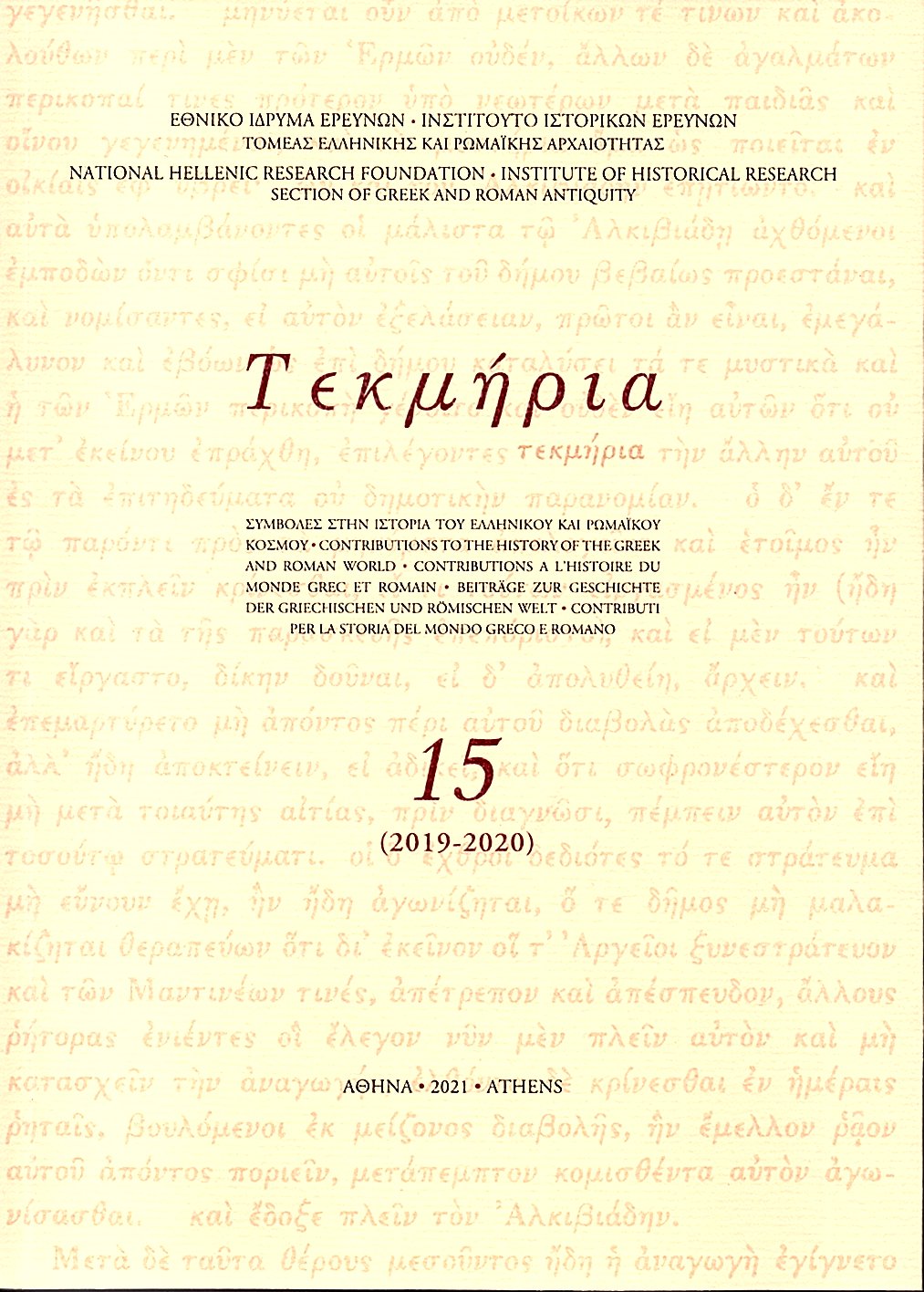Double Guardianship and Hellenistic Monarchy: Protecting the Person of Infant Kings

Abstract
This article aims to present the institution of double guardianship of infant kings by pointing to the connection between appointment of more than one guardian and protection and upbringing of young monarchs. Multiple guardianship was an established practice in the setting of Greek poleis, which aimed at the protection of the ward’s person from untrustworthy guardians. In a royal context this institution emerged as a solution to the problems concerning Alexander’s succession after 323 BC. Nevertheless, there is a possibility that it was already known in Classical Macedonia in relation to the role of royal women, who acted as protectors of their children along with men who were appointed as regents. During the Hellenistic era double guardianship became very popular in the Ptolemaic kingdom. There it is connected with the loss of the queen mother, who could exercise guardianship for her royal son. Tutorship and guardianship were sometimes combined into one person, something that led influential tutors of young rulers to become the true administrators of the kingdom.
Article Details
- How to Cite
-
Filias, D. (2021). Double Guardianship and Hellenistic Monarchy: Protecting the Person of Infant Kings. Tekmeria, 15, 139–186. https://doi.org/10.12681/tekmeria.26962
- Issue
- Vol. 15: (2019-2020)
- Section
- Articles

This work is licensed under a Creative Commons Attribution-NonCommercial-ShareAlike 4.0 International License.
Copyright
The copyright for articles in this journal is retained by the author(s), with first publication rights granted to the journal. Authors who submit articles to this journal confirm that third-party intellectual property rights are not violated in any way. By virtue of their appearance in this open access journal, articles can be used freely, with proper attribution, for educational and other non-commercial purposes. The National Hellenic Research Foundation retains the right to publish papers that appear in ΤΕΚΜΗΡΙΑ in any form, including electronic, the journal may assume in the future. It also retains the right to deposit articles published in ΤΕΚΜΗΡΙΑ in its institutional repository.
Sample attribution: Author, article title, first published in ΤΕΚΜΗΡΙΑ, Vol. No., Year, Pages.


